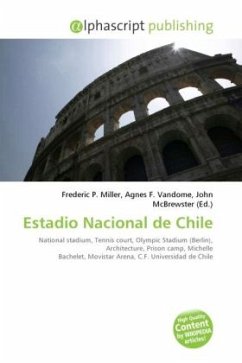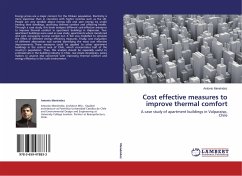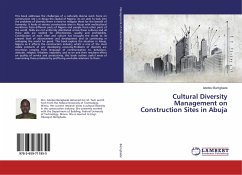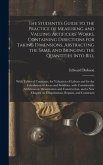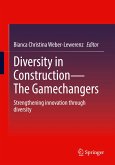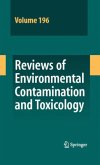The economic valuation of non-market goods and services is an important issue in the field of environmental economics. However, few scientists have actually applied empirical valuation methods in Latin America. This research shows an application of a Stated Preference Technique, namely a Choice Experiment to value biological diversity services of Navarino island, Southern Patagonia, Chile, in the context where the values are not reflected in market processes. The specific focus of the investigation are direct and indirect use and existence values. Local residents favoured a low impact biodiversity scenario, represented by a tourism development at low scale balanced with the protection of species and the cultural ethnic heritage. Results from stated preference methods as an empowering tool to inform participative decisionmaking represents an innovative utilisation of economic mainstream methods for improving the conservation management.
Bitte wählen Sie Ihr Anliegen aus.
Rechnungen
Retourenschein anfordern
Bestellstatus
Storno


